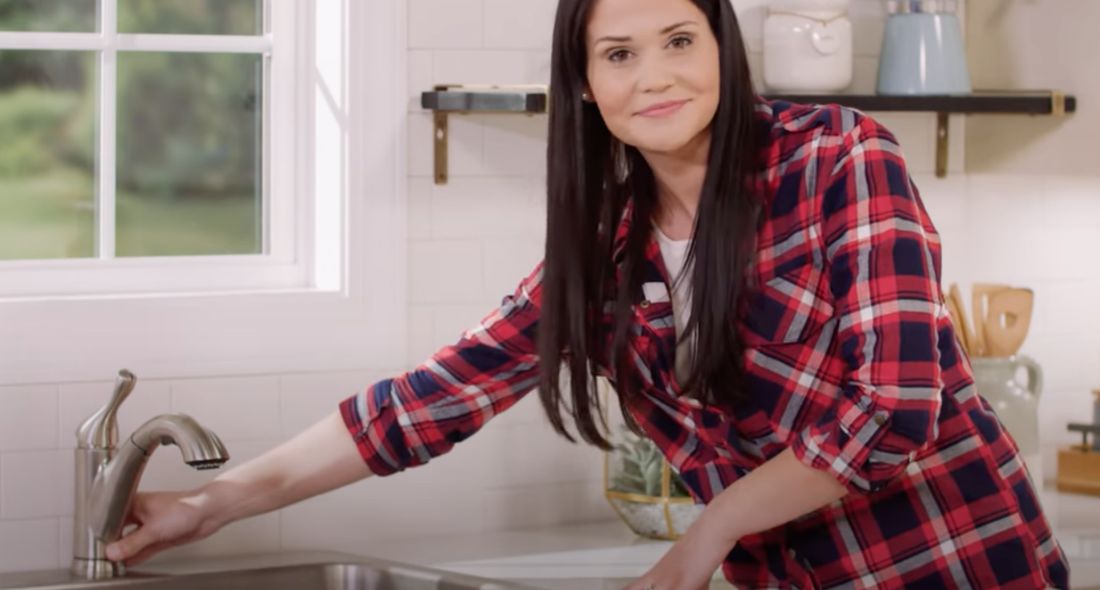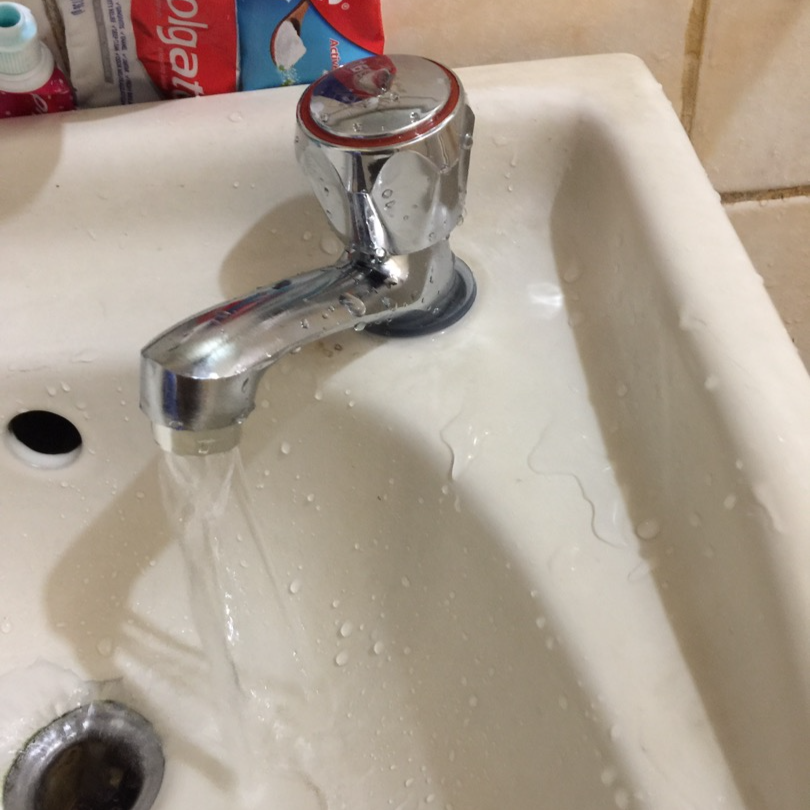Nearly everybody maintains their unique piece of advice on the subject of Why It's Important to Fix Leaky Faucets.

Leaking taps could look like a minor inconvenience, however their impact surpasses simply the aggravation of the noise. From wasting water to incurring unnecessary economic costs and health dangers, ignoring a trickling tap can result in different consequences. In this short article, we'll look into why it's critical to address this typical house problem promptly and efficiently.
Waste of Water
Ecological Effect
Dripping faucets add considerably to water wastage. According to the Environmental Protection Agency (EPA), a solitary faucet leaking at one drip per secondly can waste more than 3,000 gallons of water annually. This not only pressures water resources yet likewise affects ecosystems and wild animals based on them.
Step-by-Step Guide to Fixing a Dripping Tap
Devices Needed
Before trying to repair a trickling tap, gather the essential tools, including a flexible wrench, screwdrivers, substitute components (such as washing machines or cartridges), and plumber's tape.
Typical Tap Issues and Their Solutions
Identify the type of faucet and the specific concern triggering the drip. Typical problems consist of worn-out washers, corroded shutoff seats, or damaged O-rings. Describe manufacturer instructions or on the internet tutorials for detailed assistance on repair work.
Financial Costs
Boosted Water Costs
Past the ecological impact, trickling taps can blow up water bills considerably. The built up wastefulness gradually equates into greater energy costs, which could have been prevented with prompt fixings.
Possible Residential Property Damage
In addition, long term trickling can bring about damage to fixtures and surfaces bordering the tap. Water accumulation can create discoloration, deterioration, and even structural concerns if left unattended, causing additional repair service costs.
Health and wellness Concerns
Mold and Mold Development
The consistent visibility of moisture from a dripping tap develops an ideal setting for mold and mildew and mold development. These fungis not only endanger interior air high quality but likewise posture health risks, especially for people with respiratory system conditions or allergies.
Waterborne Illness
Stagnant water in dripping faucets can come to be a breeding place for bacteria and other pathogens, enhancing the danger of waterborne illness. Contaminants such as Legionella microorganisms thrive in stagnant water, potentially resulting in major ailments when ingested or inhaled.
DIY vs. Professional Repair
Benefits and drawbacks of Do It Yourself Repair
While some might try to deal with a trickling tap themselves, DIY repair work include their own set of obstacles. Without correct expertise and devices, do it yourself attempts can aggravate the concern or lead to insufficient repairs, prolonging the problem.
Advantages of Working With a Specialist Plumber
Employing an expert plumber makes certain that the underlying root cause of the dripping faucet is resolved efficiently. Plumbings possess the knowledge and devices to diagnose and fix faucet problems efficiently, saving time and minimizing the danger of more damage.
Ecological Obligation
Individual Payment to Conservation
Taking obligation for fixing trickling taps aligns with more comprehensive efforts towards water conservation and ecological sustainability. Every person's actions jointly make a considerable impact on protecting priceless resources.
Sustainable Living Practices
By prioritizing punctual repairs and embracing water-saving routines, people contribute to sustainable living techniques that profit both present and future generations.
Preventive Measures
Normal Maintenance Tips
To avoid trickling faucets, carry out regular upkeep such as cleansing aerators, examining for leakages, and replacing damaged components promptly. In addition, think about mounting water-saving devices or upgrading to much more effective components.
Relevance of Prompt Repair Works
Attending to trickling faucets as soon as they're noticed prevents additional water waste and possible damage, inevitably conserving both water and money over time.
Effect On Property Worth
Assumption of Well-Maintained Property
Maintaining a residential property in good condition, consisting of resolving upkeep concerns like trickling faucets, enhances its perceived value and desirability among possible buyers or occupants.
Influence on Resale Value
Features with well-kept plumbing components, consisting of taps, command greater resale values in the real estate market. Attending to dripping faucets can add to a favorable impact during building inspections and settlements.
Conclusion
Attending to a trickling faucet goes beyond mere benefit; it's a necessary step toward preserving water, lowering monetary expenses, and protecting health and residential or commercial property. Whether via DIY repairs or expert support, doing something about it to take care of dripping taps is a small yet impactful means to promote liable stewardship of resources and add to a healthier, extra lasting future.
How to Fix a Leaky Faucet: Step-by-Step Repair Guide
A leaky faucet may seem like a simple annoyance, but if it's not fixed promptly, that leak could cost hundreds to potentially thousands. From water damage to mold, mildew, and high water bills, even a tiny leak can be catastrophic if left unattended. Damage like this can even affect the overall value of your home, so it's important to take the right approach for leaky faucet repair. You may need the help of a plumber in some cases, but we've got a few tips you can try on how to fix a leaky faucet before calling the pros.
Four Faucet Types
When you're learning how to fix a leaky faucet, the first step is knowing what kind of faucet you're working with! There are four common types.
Cartridge Faucets
Cartridge faucets come in one- or two-handled varieties. In one-handled cartridge faucets, hot and cold water combines in a single cartridge. In the two-handled versions, hot and cold water are controlled separately and mixed in the faucet.
Ball Faucets
Ball faucets have a single lever you push up and down to adjust the pressure and rotate to change the temperature. A slotted metal ball controls the amount of water allowed into the spout.
Compression Washer Faucets
They're the oldest type of faucet, but they're still used in many homes — especially older ones. Compression faucets have two separate handles that, when turned, raise or lower the washer that seals a water valve. This valve stops water from flowing through the faucet when it is turned off.
Disc Faucets
Disc faucets rarely need to be repaired due to their maintenance-free design. The water flow is controlled by two discs — the upper one raises and lowers against a fixed lower disc, creating a watertight seal. If your disc faucet starts leaking, you may need to replace the seals or clean residue buildup from the inlets.
Fixing a Leaky Faucet
Step 1: Turn Off the Water
Whether you're learning how to fix a leaky bathtub faucet or how to fix a leaky kitchen faucet, always turn off the water supply to your working area when you're fixing a leak. The last thing you want is a flood added to your list of things to fix.
Look for the shutoff valves below your sink or around the tub and turn them clockwise to stop the water flow. If your faucet doesn't have shutoff valves, you may need to turn off the water for the whole house. Check to make sure it's off by turning the faucet on. If nothing comes out, you're ready to start the repair.
Step 2: Take Apart the Faucet
How you disassemble your faucet depends on the type of fixture you have. You can use a flathead screwdriver to remove the caps on top of the handle or handles for cartridge and compression faucets. Inside, you should see handle screws. Unscrew these with a screwdriver to remove the handle.
Disc- and ball-style faucets will typically have an inlet screw near the handle, and removing that will reveal the interior of the faucet.
Detach the Valve Stem
For cartridge- and compression-style faucets, you'll see the inner valve stem or cartridge once you remove the faucet handles. If you have a compression faucet, unscrew the brass valve stem. If you have a cartridge faucet, pull out the cartridge. If your cartridge has been in place for a while, it may require some tools or extra force to remove it due to mineral deposits.
Examine and Replace Parts
Once you've removed the parts, check them out to confirm what needs to be replaced. You may see corroded rubber washers, O-rings, stems, or cartridges. On a ball-style faucet, check the seats and springs for damage.
If you need to repair a leaky disc faucet, check the inlet and seals on the lower disc.
Once you determine what parts must be replaced, visit your local hardware store. Bring the damaged parts with you to ensure you can purchase the correct components to replace them.
Clean Valves and Faucet Cavity
If you've removed a stem or cartridge, you may notice mineral buildup in the faucet's threads. Use white vinegar to clean the valve seat by soaking it for a few minutes, then scrub it away with a soft toothbrush and rinse with warm water. You can also clean the interior of the faucet in the same way.
Reassemble the Faucet
Once your faucet is cleaned and the required parts have been replaced, it's time to reassemble it. Put the pieces back together and slowly turn the water supply back on. Doing this slowly is crucial because too much initial water pressure can damage the new hardware you've just installed.
https://homewarranty.firstam.com/blog/how-to-fix-leaky-faucet

Do you like reading up on How to Fix a Dripping or Leaky Faucet ? Give a remark below. We would be pleased to know your responses about this write-up. We are looking forward that you visit us again soon. Make sure you pause to distribute this blog posting if you appreciated it. I value your readership.